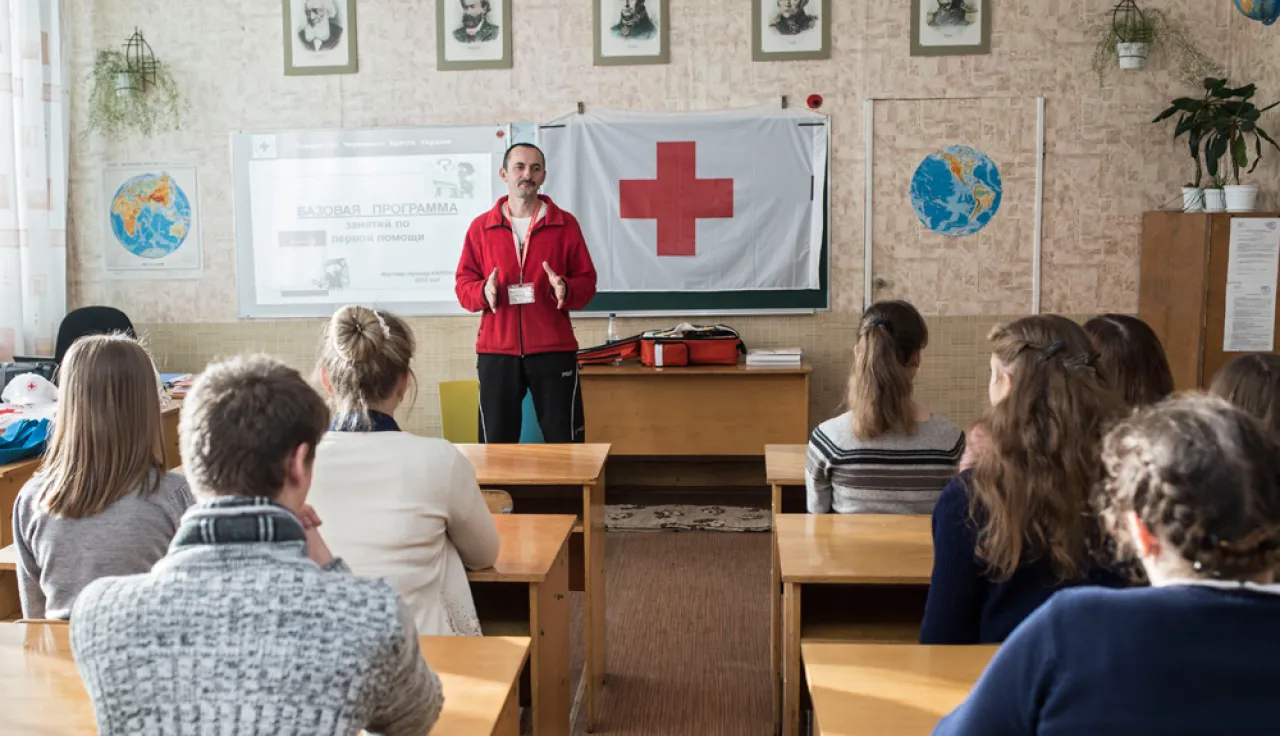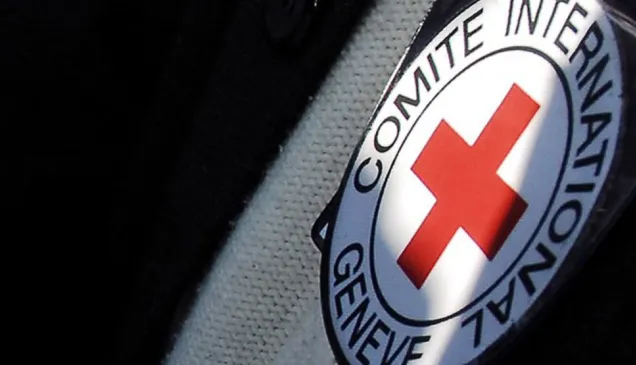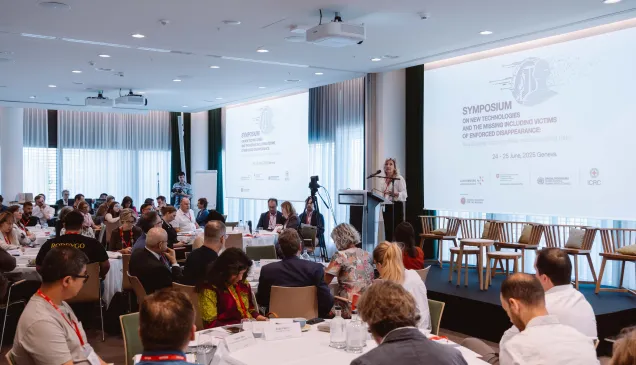When preparing future practitioners means protecting health care

Protecting health care is now a more pressing concern than ever. Around the world, health workers seeking to exercise their profession in complete safety, while abiding by the rules of medical ethics, face challenges in ensuring that patients receive the care and support they need.
Contrary to what we might think, this problem is not confined to countries experiencing armed conflict. In many other situations, it is increasingly difficult to practise medicine in strict compliance with the principles of medical ethics, because of growing social inequality and the acute tensions generated by it, resulting in prejudice and discrimination of all kinds. The caring professions are affected no less than the health services run by the health authorities, civil society organizations or the armed forces and police. This complex worldwide problem calls for a response that brings together a range of professional bodies and institutions capable of seeing the bigger picture.
As a school of medicine, we are convinced that providing future practitioners with a training course focused on understanding, implementing and respecting the rules of medical ethics will play a key role in protecting health care. Young doctors nowadays are of course familiar with the Hippocratic Oath, but mostly regard it as a relic from another era, the meaning of which is difficult to grasp. Our aim is therefore to extend the horizons of these doctors and make them aware that they are part of a system that they can (and must) influence for the better, for their own sake, the sake of their patients and that of society in general.
we are convinced that providing future practitioners with a training course focused on understanding, implementing and respecting the rules of medical ethics will play a key role in protecting health care
That's why the Institute of Global Health at the University of Geneva, working with the International Committee of the Red Cross's Health Care in Danger project, has devised a massive open online course (MOOC), which is free and available to all. Through its six chapters, learners are called upon to reflect on the rights and responsibilities of health workers, the legal framework that protects health care, the professions involved in pre-hospital emergency services, the role of hospitals, military medicine and, finally, the potential role of civil society, particularly the National Red Cross and Red Crescent Societies.
Participants are invited to approach the various subjects initially from the viewpoint of their own specialisms, and then to branch out into other fields. The course thereby endeavours to reach all those taking part in running and developing health-care services. Both the analysis presented and the solutions proposed are multidisciplinary (encompassing health, law, governance, organization, etc.), with many references to human rights and the principles of medical ethics. This approach lends itself to inter-disciplinary study; the best possible outcome would be that a number of different groups in the same location then join forces as a working group in order to improve the situation where they are.
This online course will initially be available only in English. A subtitled version will be developed subsequently for Arabic, Spanish and French. Other languages may be added, depending on the interest expressed by our partners. We hope this course, which combines a subject of the highest importance with an innovative tool open to all, will take its place in the professional training and awareness-raising of those working in health care. It will enable the students to acquire knowledge and skills that are bound to be useful to them throughout their careers, and that will offer a highly relevant addition to their existing knowledge base.
This course is also intended as a wake-up call to other faculties (law schools and university-level courses in nursing, ambulance care and others) to focus likewise on the issue of violence against health care. Finding a response to this complex problem, which reflects the complexity of the world today, is the responsibility of us all.
Dr Beat Stoll, holder of a Master's degree in public health
Director of the Health Care in Danger MOOC project
Coordinator of the Master of Science programme in Global Health
Institute of Global Health, University of Geneva
Health Care in Danger is an initiative of the International Red Cross and Red Crescent Movement to make access to, and delivery of, health care safer in armed conflict or other emergencies. This initiative calls for the respect and protection of health-care workers, facilities and vehicles and the implementation of a series of recommendations and practical measures to safeguard health-care services and their humanitarian mission. This initiative is supported by a number of partners, individuals and organisations, members of the Health Care in Danger Community of Concern.
For more information:
- Visit the Health Care in Danger website
- Join our online community
- Follow @HCIDproject on Twitter and join our call to #protecthealthcare
- Sign up to our newsletter and stay informed



